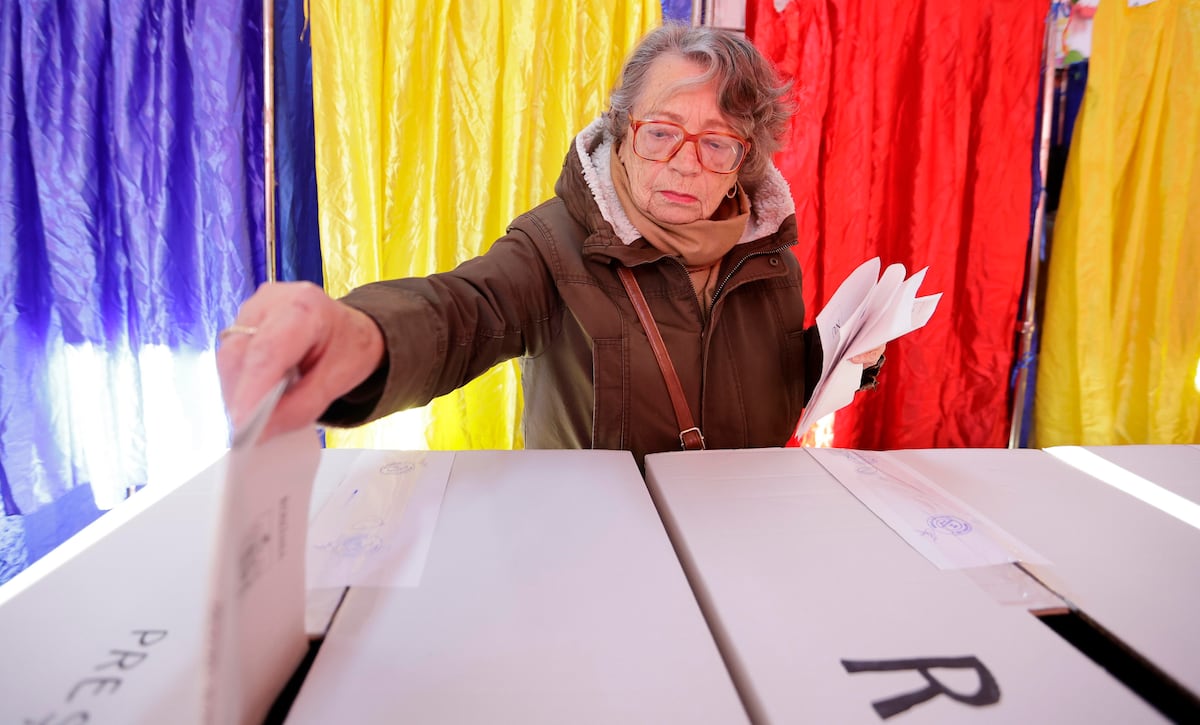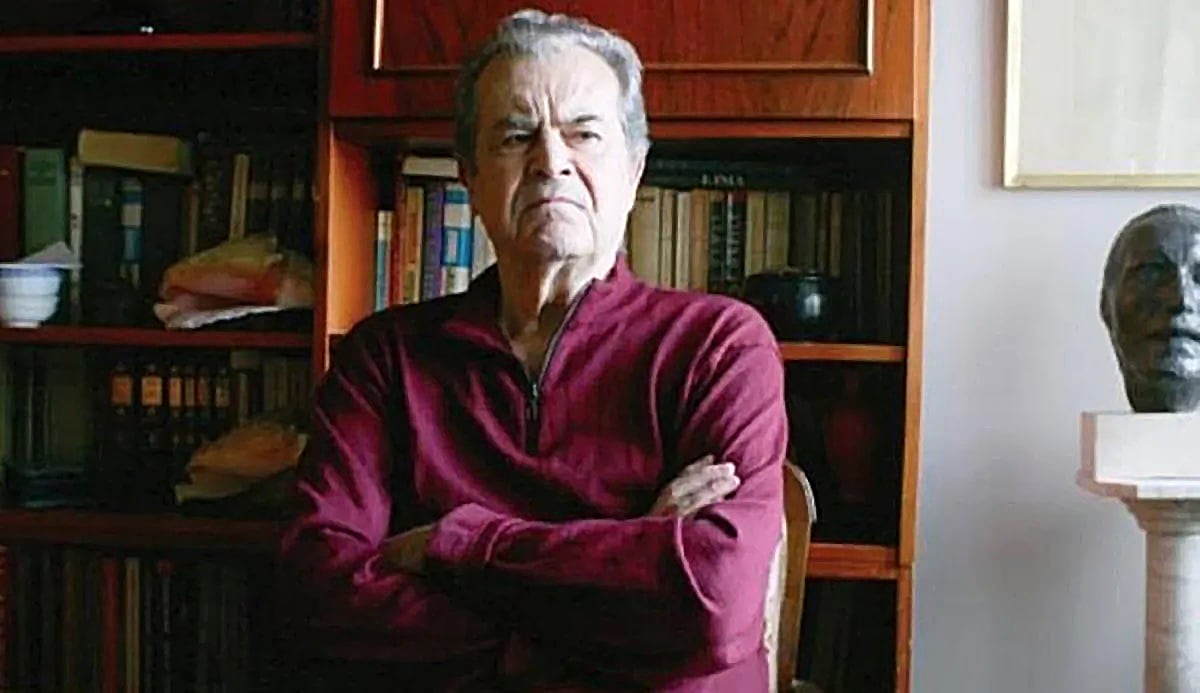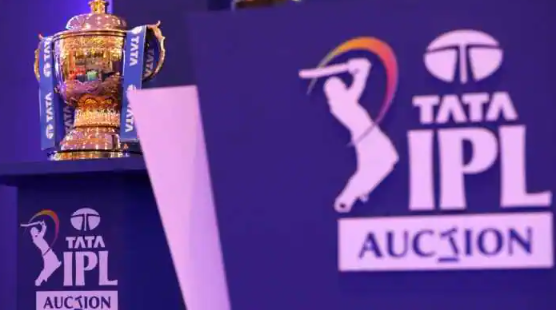The future of Romania depends on who comes second this Sunday in the first round of a presidential election that could elevate the far-right candidate to the head of state and lead to a nationalist turn in this Eastern European country. The prime minister and candidate of the Social Democratic Party (PSD), Marcel Ciolacu, leads all the polls with 25% of votes, although far from the necessary majority, so the second round is expected to be held safely on December 8. December. George Simion, the candidate of the far-right Alliance for the Union of Romanians (AUR) party, is in second place in most polls.
The formation of Ciolacu, 56, lacks a social democratic orientation. He generally adopts right-wing populist and nationalist positions mixed with a left-wing stance on social and economic issues. However, his influence in the rural and less developed regions of the country can give him the victory that his political faction has so desired since he lost the presidential elections in 2004. “I have voted for an economically strong Romania, with a strong voice in the world, where “Romanians can have a dignified life and for the greatest possible number of victories like the one a few days ago: full accession to the Schengen area,” said the leader after exercising his right to vote in Bucharest.
Voters in the sixth largest state in the European Union in terms of population – some 19 million inhabitants – have shifted in recent years towards nationalist formations as has never happened since the fall of communism almost 35 years ago. Entry into the final fight for Simion’s presidency is decided by few ballots. On this Sunday afternoon, the extremist leader once again urged mobilization by maintaining that the “competition” will be decided by “1,000 votes.”
His election could affect the strategic role of Romania, which currently has NATO’s largest armed forces base, with 5,000 foreign soldiers, on the southeastern flank of Europe. Simion, who is against sending military aid to Ukraine, has assured that Bucharest will remain in the Atlantic Alliance, but that he will do so neutrally if he is elected for the next five years as president. The head of state is a token figure who is only in charge of foreign policy and national security, in addition to appointing the heads of intelligence services and key prosecutors.
During the campaign, the candidate has softened his anti-European nationalist rhetoric—he calls Brussels a “corrupt bubble” and opposes the rights of the LGTBI community—and has acknowledged being an admirer of the Hungarian Prime Minister, Viktor Orbán, and of Donald Trump, winner of the American presidential elections. The 38-year-old politician hopes to take advantage of precisely the favorable wind generated by the victory of the New York tycoon to attract more ultra-conservative voters.
Furthermore, its narratives similar to those of the Kremlin and its opposition to helping Ukraine, with which it shares 650 kilometers of land border, to which are added its conspiracy theories, seduce an important segment of the population fed up with the fact that the economy of His country has not taken off despite having joined the community bloc in 2007. His more patriotic vision has also led Ukraine and Moldova to prohibit him from entering their territories.
Parliamentary elections
“If he manages to advance to the second round, his AUR party could benefit from a contagion effect” in the legislative elections of December 1, which are held between the two rounds of the presidential elections, predicts Cristian Pantazi, political journalist for the G4Media.ro portal. . The analyst warns of the danger that AUR and the formation of the radical MEP Diana Sosoaca, also anti-European and pro-Kremlin, obtain good results in the parliamentary elections, which would allow them to opt to form part of a coalition government for the first time in the democratic history. According to the latest polls, both parties would accumulate 30% of the votes.
The presidential campaign has been marked by personal attacks. The radical leader was accused of meeting with Russian spies, a claim he has denied, while the prime minister, who governs in coalition with the National Liberal Party (PNL), is in the spotlight for controversial flights on private jets financed by businessmen. . But, despite his low popularity rating, Ciolacu has tried to project a message of stability through an image of a humble and self-taught man.
In third position in the polls is Elena Lasconi, a 52-year-old former journalist and center-right mayor of Campulung, a small city located 150 kilometers from Bucharest. The difference by tenths that he maintains with Simion in the polls, which do not count the votes of the diaspora, could make him come in second place in the end and, in that case, put Ciolacu in trouble, who believes that it would be better to face the politician far-right Lasconi, who chairs the progressive liberal party Save Romania Union (USR) and was a presenter on a private television channel, hopes to advance to the second round and repeat the success of the outgoing president, Klaus Iohannis, when he took the position from the candidate in 2014. social democrat at the time after finishing second in the first round. “Today we write history,” declared the communicator, who also highlighted that the result will be disputed until the last vote.
Also in the electoral race, although with fewer possibilities, are Mircea Geoana, former number two in NATO, and the liberal Nicolae Ciuca, a former retired general who was a veteran of the wars in Iraq and Afghanistan. The mobilization of Romanians living abroad is even greater than five years ago. “The diaspora, which already represents more than 8% of the vote, will be crucial to knowing who goes to the next duel, since they are outside the scope of the polls,” concludes Pantazi.







